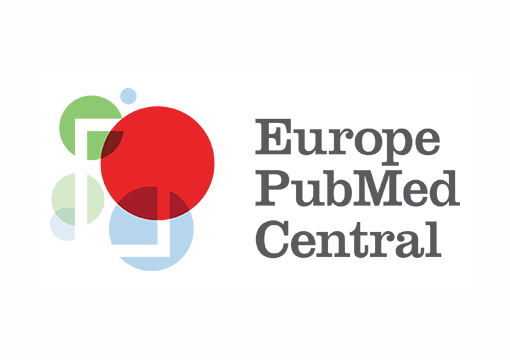Several high-profile sources have focused worldwide attention on the dangers of misinformation about COVID, with the World Health Organization declaring a COVID-19 social media "infodemic". Prior work has associated such misinformation with low-credibility sources that are known to spread conspiracy theories and malicious content. Here, researchers report the results of an analysis of over 500 million social media posts from Twitter and Facebook between March 8 and May 1, 2020.
They found that messages about COVID-19 are more likely to come from high quality sources, with clearer provenance, when compared to other health topics. Low-credibility sources were less likely to post about COVID-19, with the important exception of state-sponsored propaganda outlets on Twitter. Finally, a known conspiracy theory was more likely to be ``laundered'' through social media platforms than low-credibility news sources. In contrast, misinformation reflecting legitimate scientific uncertainty was primarily discussed by credible news sources. These results suggest that the social media discourse reflects an attempt to come to grips with deep scientific uncertainty during an emerging pandemic, with significant content emanating from unrated; not low credibility, sources. When low-quality content is generated by these unrated sources, they may be amplified by high-credibility sources inadvertently lending them credibility.


